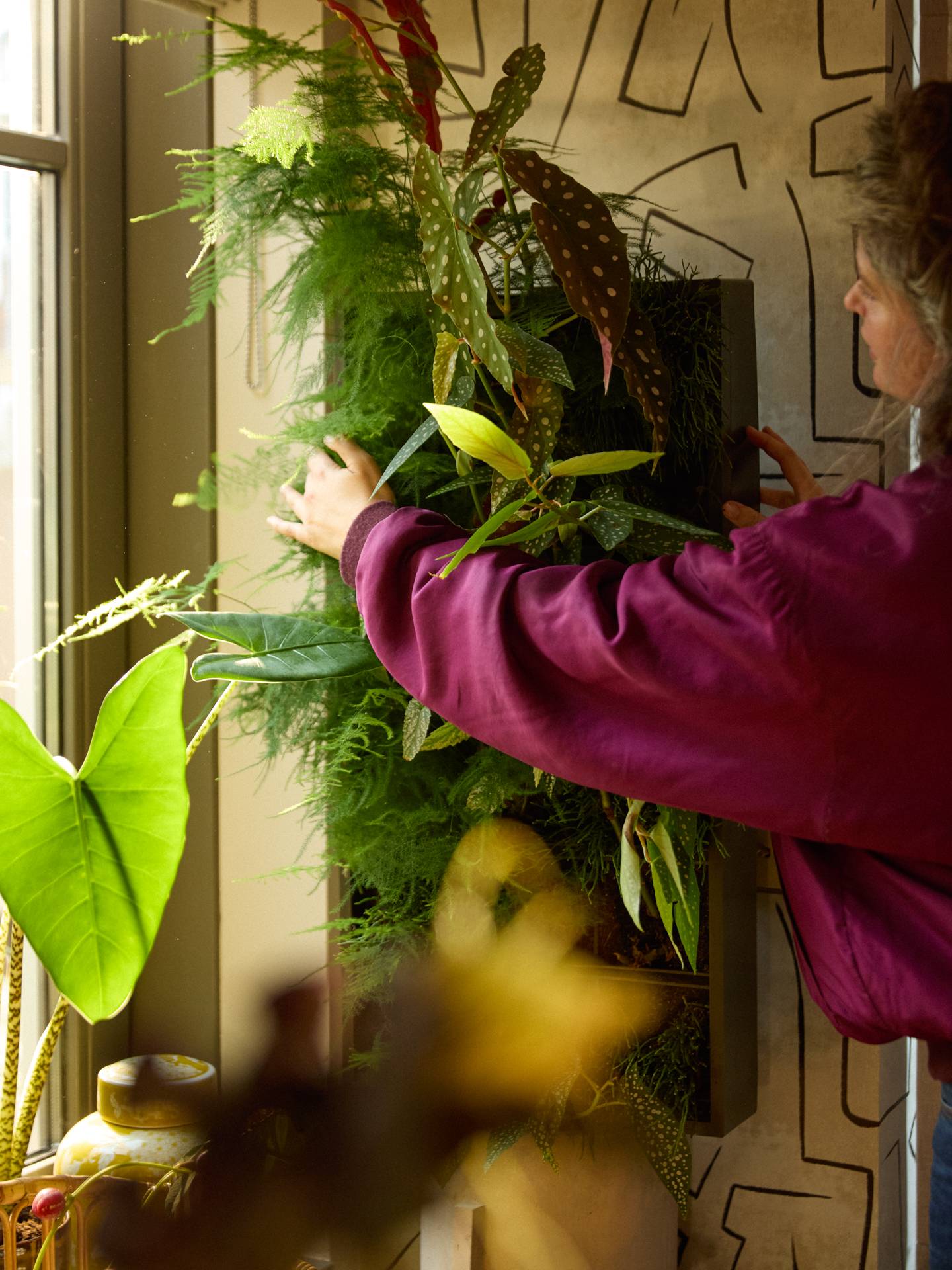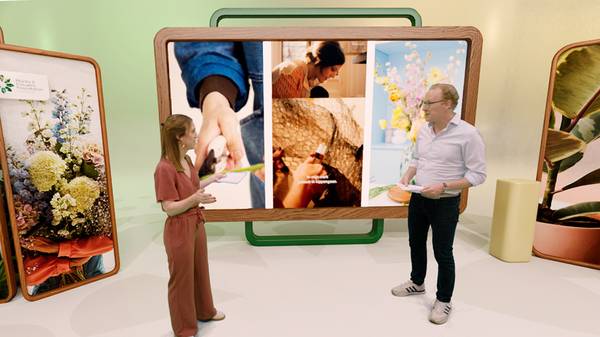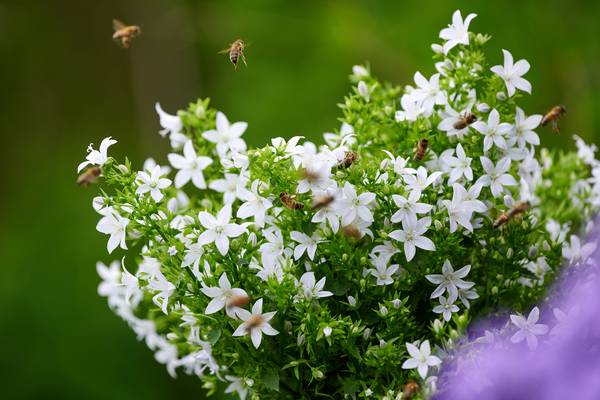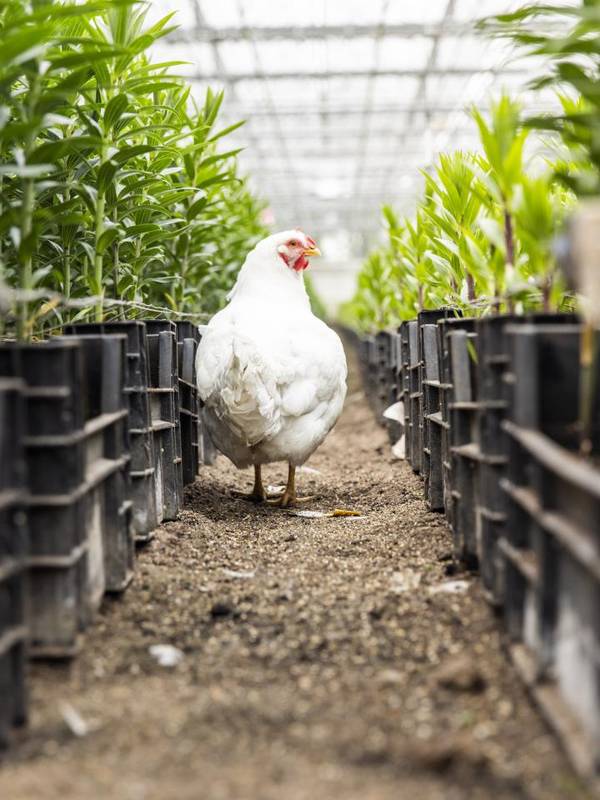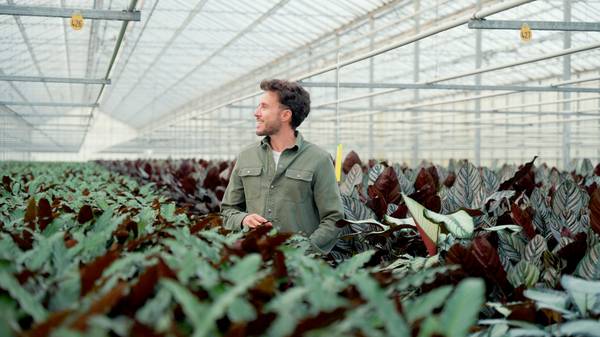
Facts alongside feelings
The Netherlands is the global leader in flower and plant exports, and the horticulture sector makes a significant contribution to innovation, employment and economic growth. Yet bouquets of flowers are facing increasing criticism. There is ongoing discussion both online and in the media, especially when it comes to crop protection. Yvonne Watzdorf, Managing Director of PFFH:
“This partnership allows PFFH and WUR to participate in the public debate with facts instead of perceptions. The reports do not always provide a complete picture. The sector is working hard to become more sustainable through innovative and eco-friendly solutions, which is in stark contrast with the negative image that is sometimes associated with the sector. Moreover, plants and flowers have a demonstrably positive impact on people by contributing to well-being, togetherness and good mental health. Whether people give or receive plants or flowers, the effect is positive. We want to make this quantifiable, which is why we have established this partnership.”
From sustainable cultivation to measurable impact on well-being
The horticulture sector is fully committed to developing more environmentally friendly growing methods, innovative techniques and natural crop protection products. But there continue to be challenges, like ensuring even greater transparency in the chain and accelerating sustainable developments. By being more open about progress and the areas of attention, while also making the well-being-related effects of flowers and plants measurable in figures, it is possible to promote constructive dialogue within the chain and with consumers. Anne Elings, Physiology and Product Quality Team Leader at WUR:
“We look forward to obtaining evidence-based scientific insights from this long-term research into the effects of flowers on human well-being. It is essential that these kinds of assumptions are based on valid data. This is an important step towards transparency and justification within the sector. We also expect to use the obtained insights for our own scientific publications and knowledge sharing within the field of education.”
The partnership will continue until 31 March 2027. The first research results are expected at the end of 2025.
